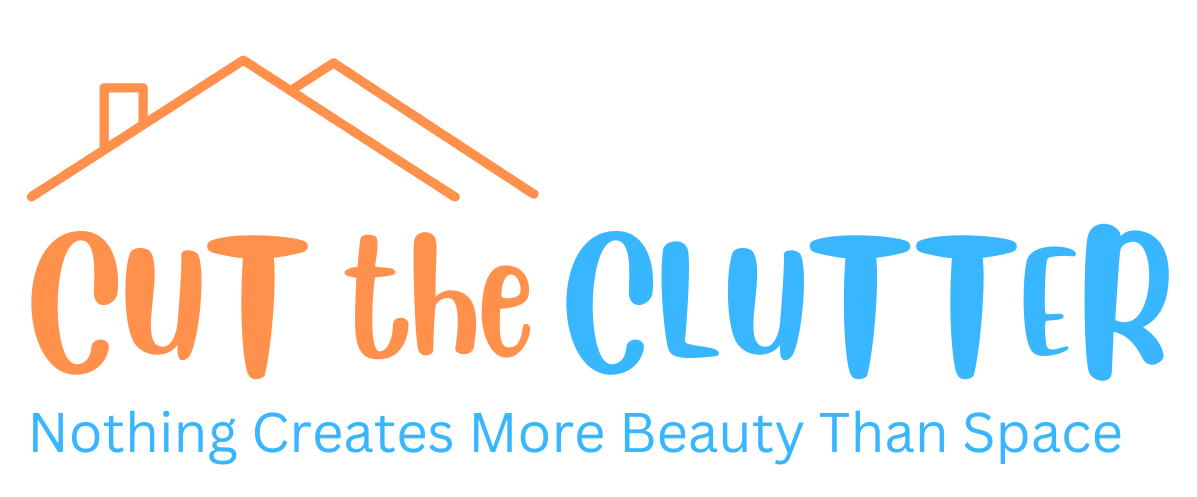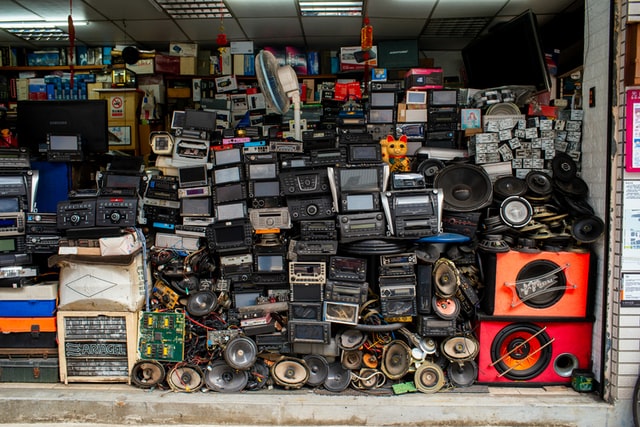The Dangers Of Becoming A Hoarder
People who hoard are often unaware of the impact it’s having on their life. They might recognize that their hoarding is out of control but don’t know what to do about it. Compulsive hoarding is hard to understand for the person who has the compulsion and for loved ones trying to help them stop. This article will give you some insight into what hoarding looks like, why it’s so hard to get control over, and how you can stop the cycle.
What Is Hoarding?
Hoarding is a condition in which people fill their homes with so much stuff that they can’t use the space they have. It can lead to social isolation, poor hygiene, and health hazards for people and pets.
Hoarding is a common problem in Canada and other Western countries. You may have seen television programs like “Hoarders” on A&E that describe the lives of people who are hoarders. How they start collecting, how it affects them, and how it affects their family members. Some have even been threatened with legal proceedings if they don’t clean up and get rid of the clutter in their homes, yards, and businesses.
Hoarding occurs when someone becomes fixated on keeping everything, and they refuse to throw things away even if there’s no space for them. It starts out innocently, just buying a few new things because there was a sale. The person may pride themselves on being a savvy shopper, able to get the best deals on everything. Sometimes, people will even go into debt with credit cards to buy things because they may need them someday.
As their space starts to fill up (closets, drawers, and eventually taking up floor space) they may try to pare it down, but may soon buy more out of guilt for throwing away perfectly good items. People who were raised during Depression times (Grandparents, Great-grandparents) were taught to save everything and use it again and again.
A compulsive hoarder can live in a large home filled with piles of stuff for years without getting help. This is due to a combination of shame and denial that keep them from seeking help.
What Causes Hoarding?
Hoarding is often the result of growing up without much money. It is a way to compensate for all the things they never had as a child. People who have experienced a loss or tragedy often start collecting things as a way to take their mind off of problems.
What Are The Effects Of Hoarding?
Many people have difficulty keeping up with clutter in the home and clutter in general. When someone has a high volume of clutter and little to no organization, they are more prone to clutter build-up. Eventually, the disorder will take over the person’s life and their home, leaving the individual suffering from headaches and just looking for an outlet to release stress.
The issue with hoarding is that it is not just a home issue, it can also affect someone’s life outside the home. Many times, hoarding goes unnoticed until the person with the disorder starts to have difficulty organizing their life or relationships.
They may not see how their hoarding affects other people in their life as well. Close family members are more accepting and may overlook the growing clutter as “eccentricity.” Friends and acquaintances may feel uncomfortable visiting and make excuses for not coming over. They may be embarrassed by the mess and wanting to be polite, simply avoid the whole situation.
Many people who hoard are under the impression that they will always have this problem. In reality, it is something that can be changed. If you or a loved one has become a hoarder, cutting the clutter and getting organized is the first steps to regaining control over your life. .
How Can You Help Someone Who Has A Compulsion To Hoard?
Holding onto photos and mementos is a typical practice. They hold precious memories of special times in a person’s life. There is nothing wrong with keeping a few personal items, but stacks of newspapers, boxes of items from a garage sale, or bags of old clothing can be put in storage or donated to charity if you just can’t bear the thought of throwing them away.
If a loved one is hoarding, ask them why they want to keep these items. Have them make a pile of things that have special meaning for them and help them find a place to keep them. A storage unit can be a good way to hang onto items you don’t have room for in your house like exercise equipment, appliances, and etc. But to keep from continuing the practice of hoarding, you need to stop compulsive buying and get your home organized.
Here are 6 helpful tips for keeping your home clutter-free:
Clean up immediately – throw away packaging, boxes, etc.
Spend 15 minutes decluttering per day
Get rid of anything you have not used in the past 12 months
Make a pile of bills and read mail – discard everything else
If you need help decluttering, ask a friend or hire a service to do it
Realize that it is okay to get rid of things you no longer need
Hoarding is a condition that can damage a person’s health, relationships, and well-being. Recognizing the signs of hoarding and stopping the recurring cycle can help you or someone you love get back on track. If you need help decluttering your house, contact us to learn more about our decluttering and organizing services.

Services
